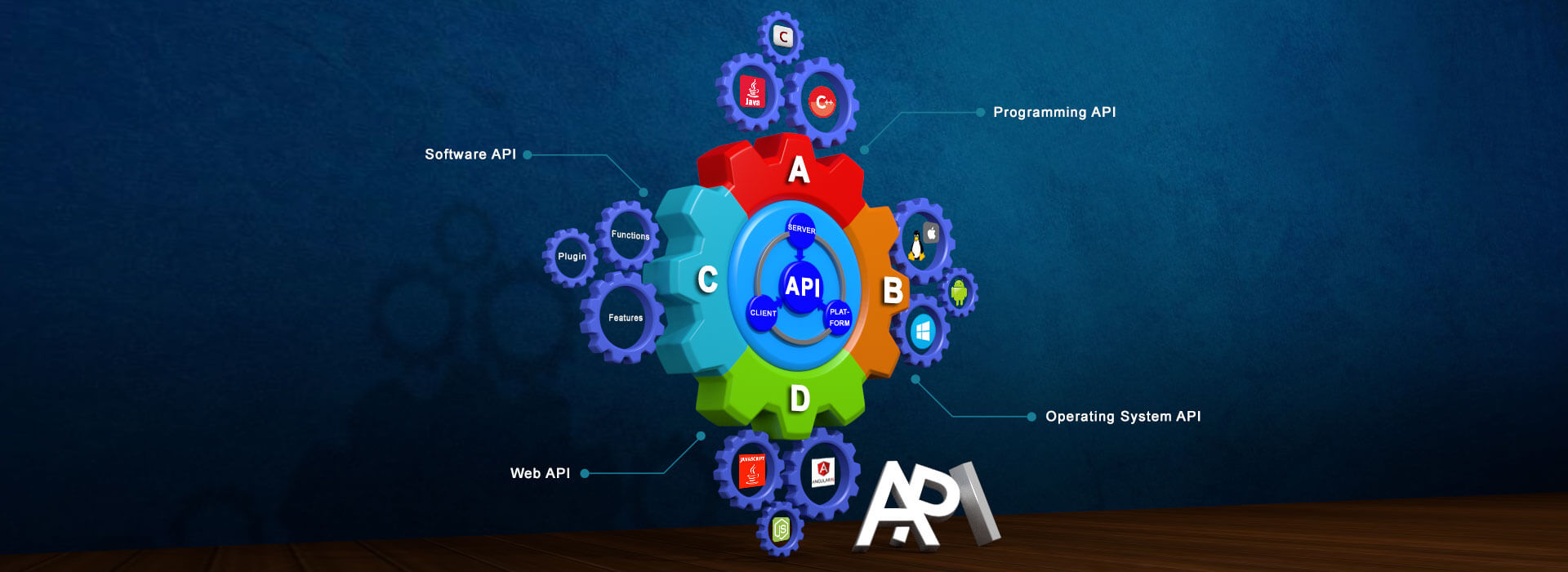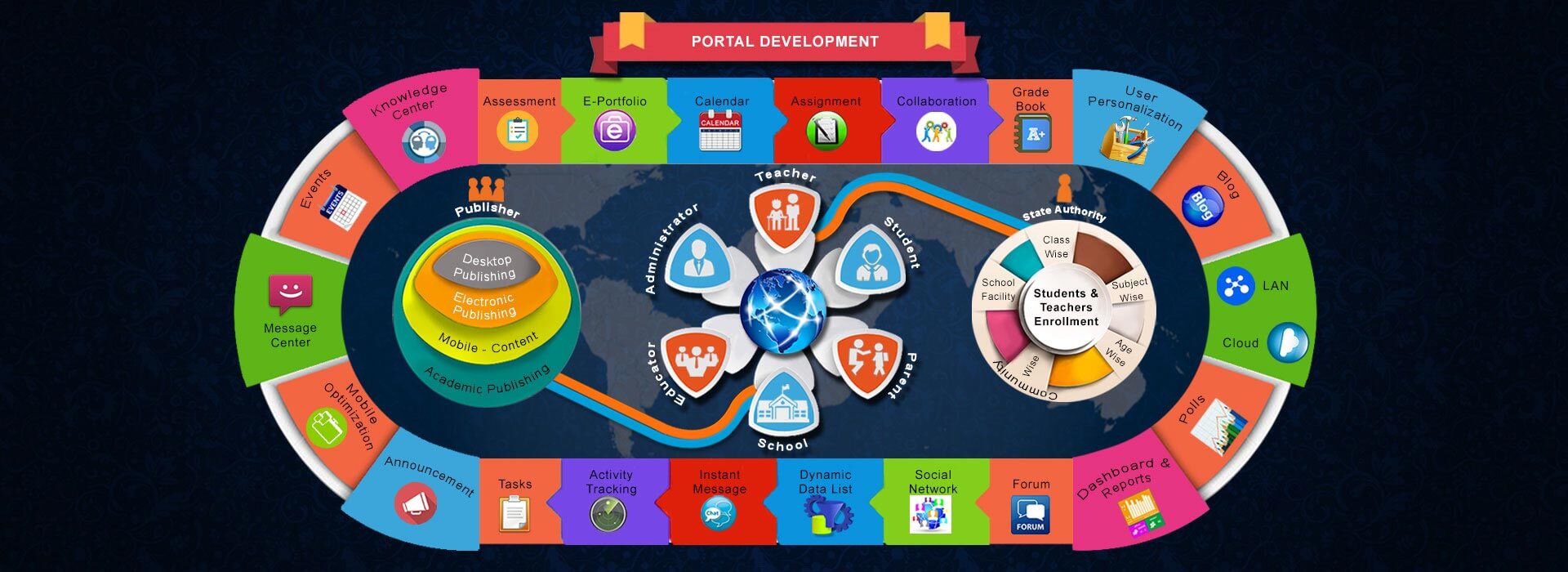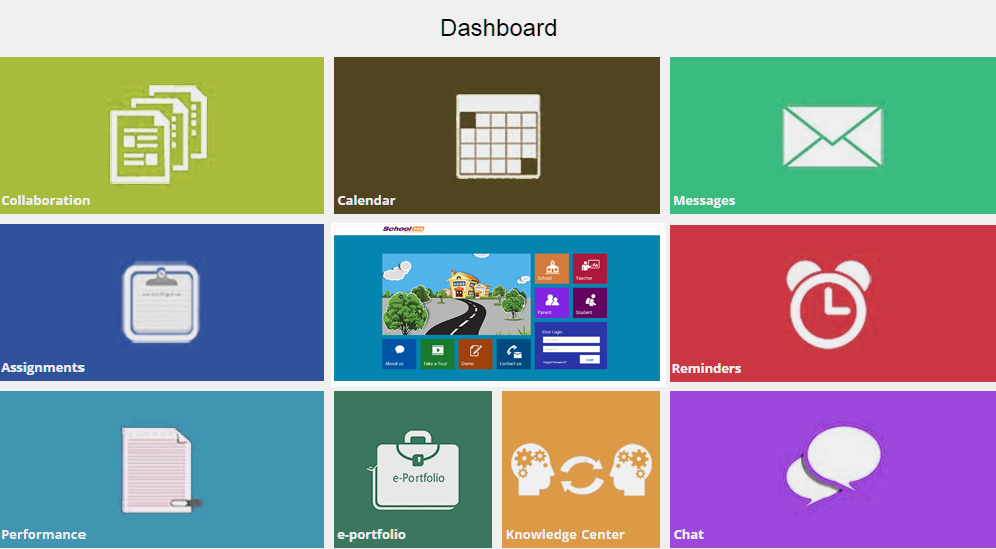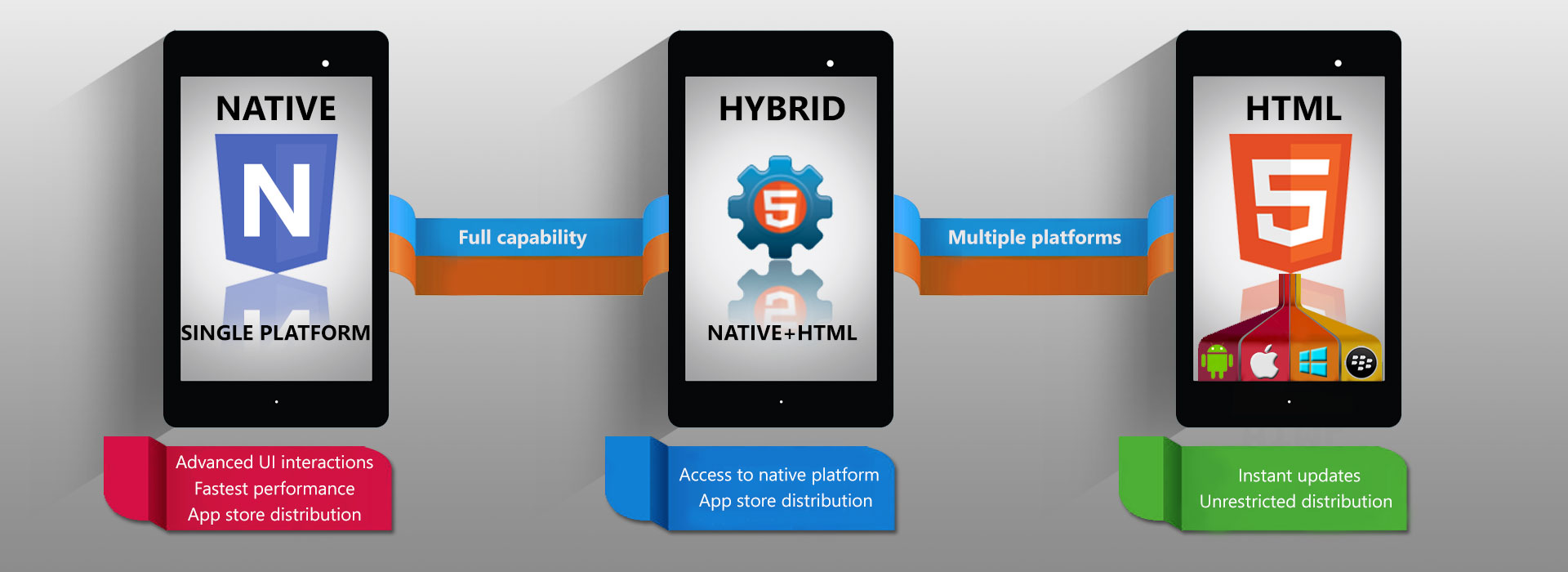Corporate Learning - Information Systems Services

Our Information Systems Services brings your business and technology together. We use modern software development platforms to quickly make cutting edge technology work for you. We are platform agnostic. We are equally comfortable with proprietary platforms as well as open source development. We therefore fit very well in maximizing existing platform investments. We will of course advise our customers on what technologies would suit their needs, but we are very conscious of existing choices and preferences.
Information System Services - API Development
Companies develop and maintain websites, web applications, mobile applications and hardware devices as part of proving services to customers and staff. However, this brings in the need to interconnect and communicate between them to get work done. The nature and fluidity with which they are able to do this reflects in user experience and is an important driver of business performance. We can manage this for you through our API services. Our programmers can design, develop, deploy, manage, and integrate APIs according to your business needs.
How can you make use of our API services? We provide you the ability to selectively open up and exchange content, data and even systems to be very productive at minimal costs. You may have existing silos made up of systems you have built over time and in which your people are highly prolific. Our APIs provide a path by which these people and silos of information can continue to be extremely productive and stay in tune with modern requirements and speed.

APIs can be written at any level. One classification defines the type. Then you have an Operating System API when you have a function to call or a routine to be run. You have a Programming API when you need a particular behaviour exhibited. These are normally available as open source applications to which developers can write required behaviour. Software APIs are specific to a particular API and are normally published which is then available for extension. Web APIs enable communication across organisations, people and systems. As the web has become very popular, Web APIs provide you the most bang for the buck.
Another way to look at APIs is to find where they are embedded. You then have Client APIs and Server APIs. As SAAS has become popular, you now have Platform APIs like those available from Amazon and the like.
We design custom APIs for a variety of organisations. These range from companies wishing to transform their business through deploying APIs to others with more modest needs like better internal communication. Customers have reported much faster responses to their clients and even product enhancements at speeds which they have not achieved before.
We provide APIs that help companies build websites, web and mobile applications, do data analysis, data visualization (which helps management analyze and reason about data and evidence), and connect devices through the internet. Our APIs allows collaboration across different specialisations so that work that normally took months is now completed in a fraction of the time. Organizations can make use of content, data and other resources delivered through our web APIs.
We know that the demand for web APIs will evolve rapidly due to the sophisticated needs of internet connected devices. The space occupied by these internet connected devices in our personal and business lives and how it impacts individuals and businesses drives our team. We put in huge efforts at clearly understanding the need for APIs and how they fit within a company’s strategy. Our teams are currently involved in developing device specific wrappers, query based APIs, experience based APIs and researching popular public APIs. We are therefore able to come up with the best possible approaches needed to be followed and deliver valuable solutions to our customers.
Information System Services - Portal Development
Portals when well planned and integrated are a complete solution to a company’s needs for information dissemination, in-house communication, client tracking and engagement, sales and marketing and e-Commerce. It eliminates layers of middlemen whose value you can now integrate online. This means that companies have two advantages – The top line is increased because you are able to reach a lot more of customers and your bottom line increased through reduced costs of doing business.

With our expertise in designing web portals, we provide you with a variety of options. We can:
- integrate legacy systems where you have invested much time and capital and just need clever APIs to function efficiently in the new environment
- decide which parts of your business should be web enabled
- fast forward your sales team by providing real time information as they are generated
- enable access to information in carefully calibrated ways
- find out how your customers rate you and what innovations will help raise revenue
- prototype changes so that you can see what you are going to get
- help you decide the pace at which you would like to proceed and we then integrate your portal in a totally seamless fashion
- in short moving your website to a revenue earning portal which provides you with a ROI which other parts of your business do not provide


All this at a price which will leave you wondering why you didn’t get onto this earlier.
One of the advantages that our modular approach to portal building works so well is because it provides you the power to deepen your web involvement as your revenue grows. Many companies make the mistake of looking at their web portals as serving certain specific functions – for example as an information portal and needlessly limit themselves to a fraction of the revenue gathering ability provided by portals.
For example, a publisher who specialises in a niche area – say extra coaching for K-12 students - may immediately have a need only to publish the content and enable e-commerce possibilities. By doing this however, they lose out on the option of:
- extending the portal to provide for blended learning possibilities
- involving and engaging parents who can be educated to invest more into the education for their children
- holding web seminars where marketing people can talk directly to a large number of customers
- building business/ working relationships with other service providers who offer complementary services
In fact the opportunities missed out far outweigh what they would be getting as revenue through direct sales.
When we build portals, we emphasise on performance and scale. These are essential for the growth of your business. We use off the shelf frameworks, since it is easy to scale and use custom code for performance. Our graphics team enables a UI which encourages a high level of usability and aesthetics. When you get portals designed by us, you will find that you never miss a business opportunity or miss out by disengaging with your customers.
Information System Services - Mobile App Development Services for Corporations
All businesses have started to give serious thoughts to their mobile strategy. For any organization, the business value and the commercial benefits through mobility are large. Communication has reached new levels and people are working collaboratively across vast distances. This has become possible by having tailor made, mobile business applications for each business and its workforce and clients.
The use of business apps are proliferating and now covers a variety of services. Mobile devices with efficient business apps have become great productivity tools for a broad range of users. Both businesses and end customers have largely benefitted through mobile applications in verticals like banking, healthcare, real estate, retail, hospitality and aviation.
People use business mobile apps on smart phones while on the move and for most of them, they are business critical. Recent developments show that there is a distinct group of transactional users who need to access their entire ERP suite on their mobile device. Mobile apps have now opened a whole new level of benefits both for businesses and the users.
We clearly understood the business demands from corporations and leveraged opportunities that came along. Very early in the mobile development cycle we set up dedicated teams for iOS, Android, and Windows mobile app development services. Our teams have now proven expertise in Native apps, HTML5 apps and Hybrid apps development. We thoroughly study business requirements, device functionalities, importance of data security and other capabilities like offline usage, interoperability, user experience, distribution method and match them to budget availability. We then suggest suitable options and offer best value solutions to our customers.
Native Mobile Applications
Native apps provide us greater usability, superior features and the best overall user experience. At present, native apps provide the best environment for implementing all possible UI touch gestures, enjoy the fastest graphics processing and implement fluid animation (needed in the case of game based apps). We have the expertise to access and make use of various sensors and built-in components of the mobile devices into the app. This is a key advantage that we get with native apps.
HTML5 Mobile Applications
HTML5’s USP is Build once and deploy anywhere. It reduces distribution effort, makes support easier and shortens the overall development lifecycle. Availability of open source and proprietary frameworks is also another significant advantage. Our team has expertise in frameworks like PhoneGap, Kendo UI, Titanium and Angular UI frameworks and have created a number of class leading HTML5 mobile applications.
Hybrid Mobile Applications
Hybrid mobile apps provide native app experience even though they were built with HTML5 web technologies. We build apps using HTML5 technologies and wrap it inside the native container that opens access to native platform features. We have done this using the Phone Gap framework and have delivered a number of apps to our customers.
Each of the options we have talked about have their own advantages and disadvantages. With KnowledgeQ you can be assured that you get the best business value product that brings in positive impact for your business and customers.

Information System Services - Application Development
Our teams are truly flexible in developing the most appropriate software solutions for our client’s requirements. We develop applications ranging from robust ERP systems (like our own School365 platform) to small widgets or components that are fully customisable and solve important and urgent client problems. With the increasing speed at which programs have to be launched, we have developed agile methods that offer clients the specific type of service they need, at the right price and within set timelines.
- It could be a web component (or widget) that they need in an overarching third party application and which achieves a specific functionality or
- a web service that help them expose some of the existing functions of their internal application on to a network or
- an API to communicate between their many existing systems to achieve interoperability
- a small but powerful tool that automates specific sections of a large application and delivers reusable code to enhance developers’ productivity
- a program like a calendar, message center, notes taking app, assessment creation tool, etc. which then become a part of the main application
Most of our customers are from the Publishing industry. We have developed many solutions that helped them improve their time to market. The following are a few examples from the large number we have created:
We have developed a Media Player which is capable of hosting e-learning modules developed using HTML5 technology. It is a highly flexible and easily configurable application which publishers can integrate in their LMS or web portal. This can be used as a means to monetise available learning content by distribution to a wider market. The player is modular in structure and has the ability to play back multimedia components like audio, video or animation. It can manage navigation within modules based on customer's preference i.e. jumping from page to page or section to section, etc. It is intelligent enough to record user actions and implement data persistence, book marking and activity history, etc. It allows students take notes, use highlight, mask, print, zoom in/ out, view pictures as slide show and share their comments and links with their peer group through social media.

A leading K-12 publisher needed an assessment engine to enable their non tech-savvy subject matter experts create assessment Q&A’s and generate them as HTML5 templates. The engine had several built in controls which the users could drag and drop into the work area. Users would also be able to move the controls to different positions in the work area, change the properties through the property panel, add text and generate JSON based output. Cross platform support, seamless usability across different browsers, dynamic user experience, support for more than 20 different types of interactivities, and multimedia support were some of the key features built into the assessment engine. We also offered quiz reader templates to be used by the end users which could read the output generated from the assessment engine.
We got an opportunity to work for another leading K-12 publisher. Here the requirement was to develop game based learning material. The design of the game was such that learners needed to answer different math based puzzles presented to them in order to advance in the game. We offered a technical solution which saved around 40% of the development effort originally envisaged by the publisher. We created a game engine which automated almost every activity that was repeatable in the creation of the game environment, automated the predefined set of activities by the characters within the game, and also in the development of puzzles. This helped completing the project ahead of schedule and under the original budget.
Development of attractive dashboards with customizable widgets that display the data from the core applications held with the client, building RESTful Web Services to achieve machine to machine interactions over the network and rapid prototyping are some of the other services that we offer to our customers.




